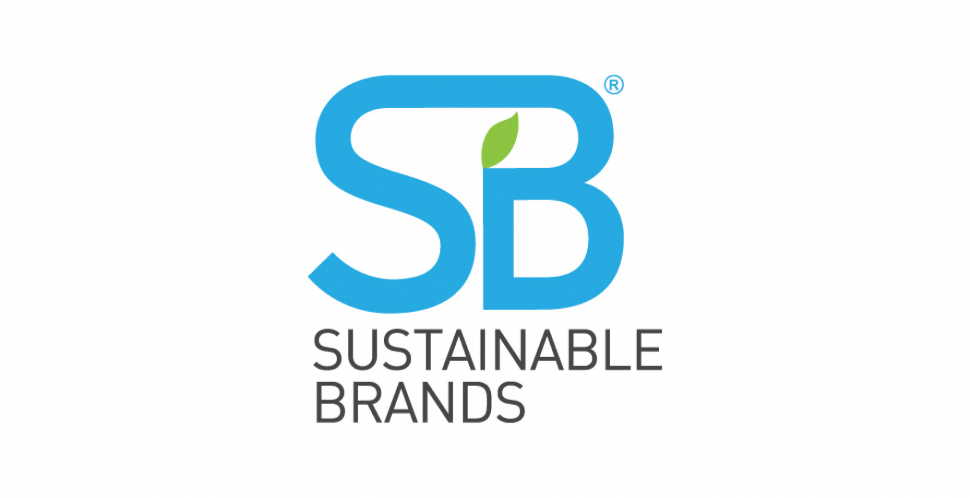At times the conversation around corporate responsibility seems stuck – not surprising in a field where companies are trying to use the power of their products and services to solve some of the biggest environmental and social problems of our time.
That conversation could be moving again though, judging by the recent Sustainable Brands conference in Detroit. The location in and of itself signaled a break from a past when the sustainability movement in North America seemed isolated among a few coastal regions.
The event’s theme was Redefining the Good Life, and spoke to what’s driving the shift – the changing values of digital-savvy employees and consumers around the world today, who want to use their time at work, and money spent on purchases, in a positive way.
They are also increasingly recognizing the link between today’s stickiest social issues and the environmental issues they’ve been hearing about for a while. Panel discussions at the conference covered topics ranging from cultural gentrification, consumption patterns and re-localized manufacturing to inclusion, transparency and employee ownership models. Event presentations often touched on personal challenges.
Below are five trends highlighted by the event that show there’s further reason for optimism:
- Companies are taking more of a stand, as political polarization continues. Partly fueled by global politics, partly by online trends, consumers want to see what brands stand for so that they can make buying decisions aligned with their values – on the environment and on diversity, gender equality and other social issues. Research shows that when companies today refuse to do this, they pay a price.
- Major brands are making big goals, as consumers and employees look for disruption over incrementalism. An example of this was Apple’s attendance at the conference, and announcement of its recent goal to create a closed loop supply chain. Only a few years ago, corporate responsibility pioneer and Patagonia founder Yvon Chouinard pointed to Apple’s intentional design of disposable products and called it a company “to which he couldn’t relate.”
- Brands are more focused on shared prosperity and inclusion, as income inequality and segregation soars. Companies are acknowledging the need to target a more diverse range of employees and consumers. Some brands are working on solutions to bridge divides. KIND showed a video about its new Pop Your Bubble Facebook app, which allows users to connect with other users with whom they would not otherwise connect (hint: those with different perspectives).
- Acceptance of the link between happiness and the bottom line is growing, as our capacity to collect data on soft metrics grows. The digital era has given more insight into the behavior of consumers — a trend that is spreading to employees. New tools such as WeSpire, whose founder spoke on an event panel, are demonstrating the link between engaged employees and recognized business metrics like employee turnover and days absent.
- Consumption patterns are getting more attention, as people recognize the problem of growth-oriented systems. The change in attitude is perhaps most vivid among the well-documented millennial generation. That shift in values is happening across generations too, driving even some of the biggest consumer goods brands to look into how they can “design and drive positive consumption norms” – the title of an event presentation by Procter & Gamble – often by designing experiences.
The broadening of the sustainability conversation beyond carbon footprints does not mean all brands have their footprints under control. Yet, it may show that brands are (hopefully) looking closer and more seriously at the causes underlying those footprints. It also shows that more consumers and brands see the personal and business benefits of reducing them, and that will hopefully keep the corporate responsibility conversation moving forward.
 Eric Unmacht
Eric Unmacht
Eric Unmacht is the manager of communications and strategy at the Vancouver Economic Commission (VEC). He has long been passionate about the power of storytelling and transparency to create environmental health. Eric worked as an environmental contractor in the Bay Area, and then print and radio journalist for 10 years, in North America and Asia, before taking a position as managing editor with the outdoor apparel company, Patagonia. He was Lululemon’s sustainability innovation manager before taking his current position with the VEC. Eric has an undergraduate degree in environmental geography from the University of California, Berkeley, and graduate degrees in journalism and environmental management from Columbia and Johns Hopkins Universities.



